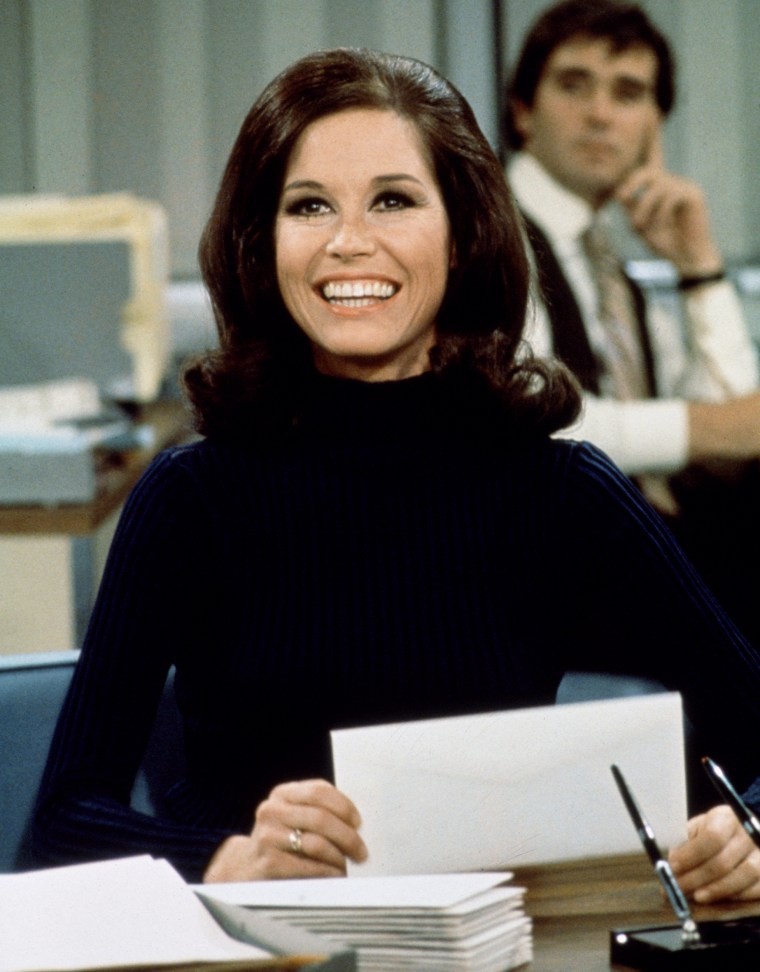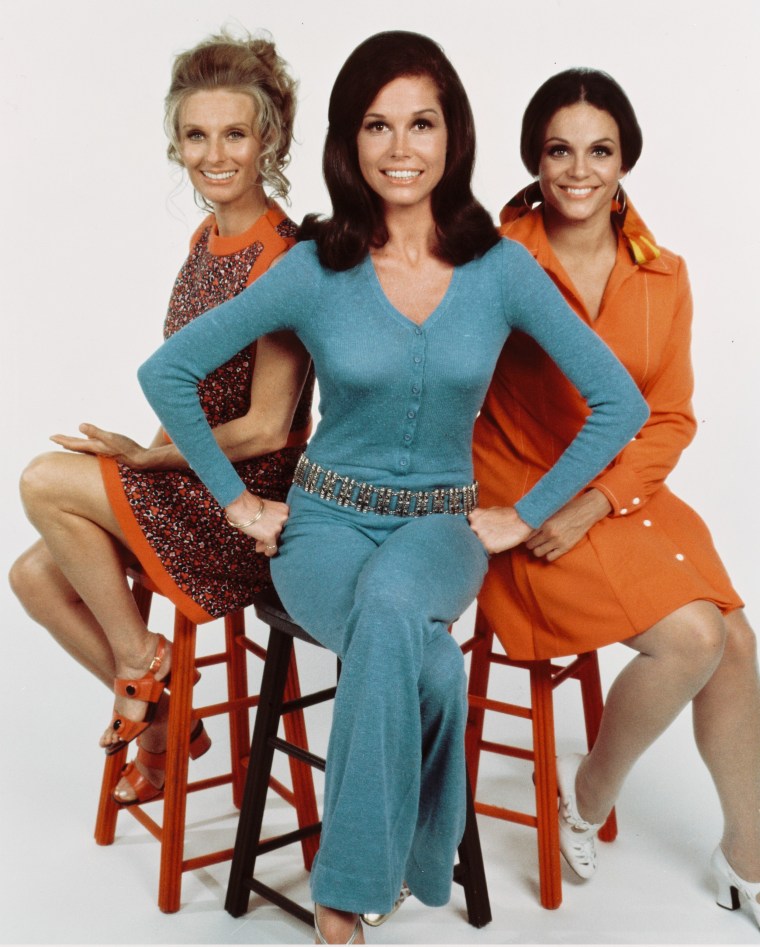Before there was Carrie Bradshaw in New York City, Mary Tyler Moore showed us all how to “make it on your own” in Minneapolis.
As the spunky Mary Richards on the hit comedy “The Mary Tyler Moore Show” during the 1970s, Moore, who died Wednesday, helped set into motion the professional dreams of many young career women.

She moved to the “big city” of Minneapolis to work at a news station as a single, 30-something woman when there were extremely few on television. More importantly, she rose up the ranks and she did so without a boyfriend or husband in sight.
“It was the first time that archetype was portrayed in a very positive way on TV,” said career coach and “Woman Up!” founder, Aimee Cohen.
RELATED: Remembering Mary Tyler Moore: Here are 5 of her best TV and film moments
Before the “Mary Tyler Moore Show,” the joke was that women basically went to college not to prepare for the work force, but to get their “M-R-S” degree and find husbands, Cohen said.
But that wasn’t Mary Richards, assistant news producer extraordinaire.
“She wasn’t a receptionist, a secretary, she wasn’t in any of those traditional roles at that time where women were just biding their time until they got married — until the ‘real work’ got started,” Cohen said. “This show didn’t revolve around the men because her life wasn’t defined by a man. She reflected the new age and the modern woman and that was incredibly empowering. It had a huge impact.”
Moore’s character and her show served as a cultural reference point for many women at the time. Indeed, news of her death prompted people to speak about the effect Moore had on their lives.
RELATED: Mary Tyler Moore explains the touching meaning behind her name
Andrea Mitchell, chief foreign affairs correspondent for NBC News, posted a tweet noting Moore “influenced my career more than any other TV role model.”
The show continued to influence women generations later, including individuals born years after the show ended.
"The Mary Tyler Moore” show “legitimately made me want to be a TV writer," said "Parks and Recreation" and "Broad City" writer, Jen Statsky.
That's in part because the Mary Richards character displayed an independence and determination that, while unusual for the time, still resonates deeply with working women today.
“Her career was by choice and by design. She wasn’t cobbling together a career by default. She moved to Minneapolis with purpose, to pursue a dream, and it was the first time a dream involved a career, a profession — and not just a family,” Cohen said.
RELATED: 'She will be missed terribly': Mary Tyler Moore remembered by friends, co-stars
Even outside of work, Moore's character turned to support from a tribe of women, such as neighbor Rhoda Morgenstern, played by Valerie Harper, with a similarly feisty vibe.

In the seven years the show ran, Moore’s character — who made the pantsuits a workplace staple long before Hillary Clinton — evolved into a feminist icon for many women fighting for pay equity, professional development and even birth control.
Those points continue to resonate today, particularly just days after hundreds of thousands of women marched in solidarity in Washington, and joint rallies across the country and the world, to send a message to President Donald Trump about rights they fear they will lose under his administration.
Cohen, who has been a work coach for more than 20 years, said women are frightened at the idea of going backward when it comes to advancements in the workforce.
RELATED: Mary Tyler Moore was a passionate advocate for diabetes research
"Mary Tyler Moore was a feminist icon, whether she wanted to be or not. (The show) is just as relevant today, if not more, as it was then," she said.
She said she hopes Moore's passing will encourage women to think about how the actress helped serve as a bridge to progress for generations later. Younger women in particular need to be reminded of historical figures.
"You have to know and appreciate the pioneers that came before you that really paved the way in the workplace, and it wasn’t easy," she said. "Now, the next level is all of those pioneers who are paving the way to the boardroom, to the C-suite, where they're still the only women in the room.
"We have to celebrate these courageous brave women who are willing to be out front. Just like Mary Tyler Moore."